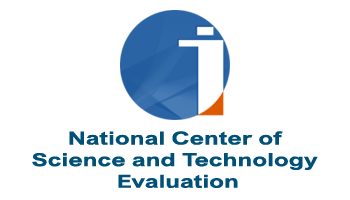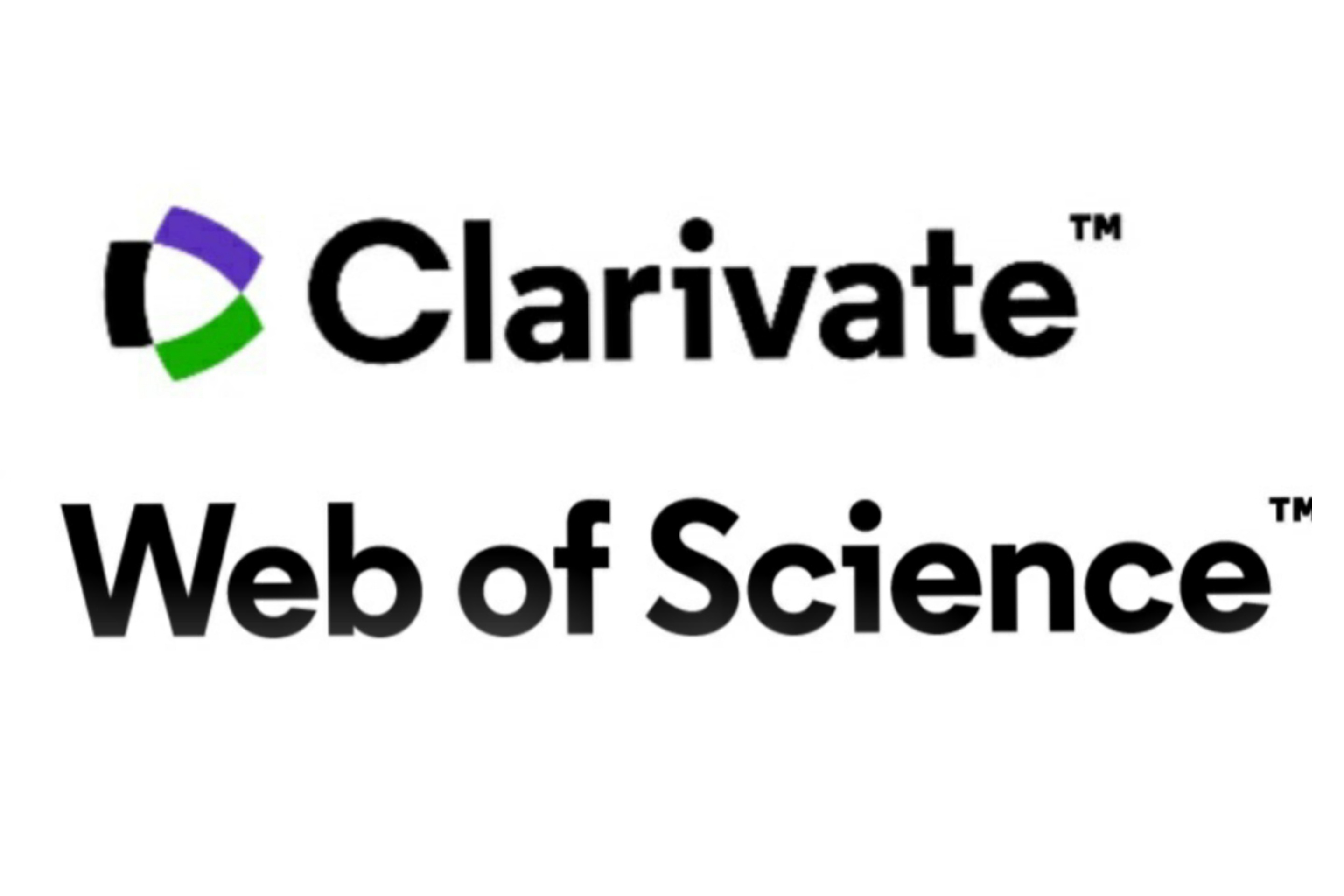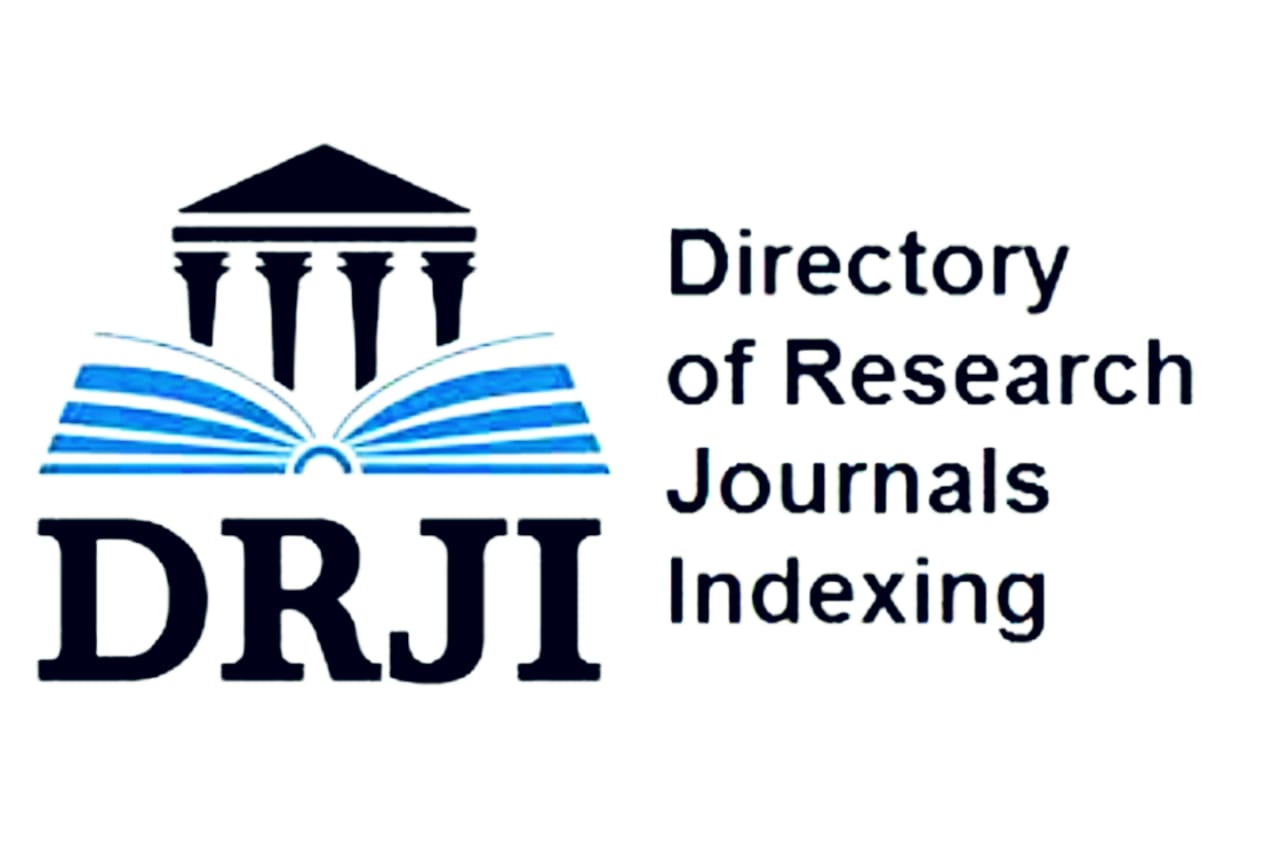Biological dosimetry and unbiased assessment of detrimental radiation effect on humans
DOI:
https://doi.org/10.26577/2218-7979-2014-7-2-11-15Keywords:
biodosimetry, modern method, radiation, human healthAbstract
Biodosimetry is a modern method of immediate and unbiased assessment of the effects of different radiation doses on humans. Unfortunately, many radioecologists ignore this major purpose, considering the information of values of physical analytical changes to be sufficient. This short excursus on the substantiation of the biodosimetry role was made in order to remind radioecologists that the issue of radiation danger must be primarily based on the assessment of its negative effect on the human genetic apparatus. The relevance of biodosimetry has increased upon identification of a new effect – radiationinduced genome instability resulting in remote consequences demonstrated as de novo through the number of subsequent generations. Any extrapolations of the findings of physical environmental measurements, or even the data obtained in different animals, are not acceptable. Each of them has its own role in the assessment of radiation effect. We think that protection of human health and life is of highest importance.References
1. I.B. Mosse // Radiation Biology. Radioecology, 2002, V.42, No.6, P. 661-664;
2. Methodological guideline. Methods for Analysis of Chromosome Aberrations in Humans. WHO, Geneva, 1975, p. 64.
3. Biological dosimetry: chromosomal aberration analysis for dose assessment // IAEA Techn. Report Series, 1986, No.260, Vienna
4. Cytogenetic analysis for radiation dose assessment: a manual // Technic Report Ser. No.405, Viena, IAEA, 2001, 127p.
5. Bender M.A., Gooch P.C. // PNAS (USA), 1962, V.48, P.522-532
6. Bajerska A., Liniecki J. // Mutat. Res., 1975, V.27, P.271-284
7. Schmid E., Bauchinger M. e.a. // Int. J. Radiat. Biol., 1974, V.26, P.31-37
8. A.V. Sevankayev, A.P. Nassonov. // Med. Radiology, 1978, V.23, No.6, P.26-33
9. Lejeune J., Berger R., Jankowski J. //Ann. Genet., 1967, V.10, P.118-123
10. Ye.K. Pyatkin, A.Ye. Baranov // Itogi Nauki i Tekhniki. Radiation Biology Series, M, VINITI, 1980, V.3, P.103-179
11. M. Bender// in book Guideline on Radiation Haematology, M., 1974, P.231-239
12. UNSCEAR. //Report of the United Nations Scientific Committee on the effects of atomic radiation, 1969, Suppl. 13, N.Y., 165pp.
13. N.A. Maznik, V.A. Binnikov, V.S. Maznik// Radiobiology. Radioecology, 2003, V.43, No.4, P.412-419
14. A.S. Sayenko, I.A. Zamulyaeva, R.G. Smirnova and other// Radiobiology. Radioecology, 1998, V.38, Issue 2, P.171-180
15. T.N. Obukhova, Ye.K. Domracheva//Radiobiology. Radioecology,1998, V.38, Issue 6, P.793-799
16. I.Ye. Vorobtsova, J.Tacker, N.M. Timofeyeva et al. // Radiobiology. Radioecology, 2000, V.40, No.2, P.142-148
17. Biological dosimetry for persons irradiated by the Chernobyl accident // International scientific collaboration on the consequences of the Chernobyl accident (1991-1995), Final report.
18. Radiation and Pathology. Edited by A.F. Tsyb, M., High School, 2005, 341 p.
19. M.A. Pilinskaya, A.M. Shemetun, R.S. Dybskiy et al. // Radiobiology, 1992, Vol. 32, Issue 5, P.632-664
20. M.A. Pilinskaya, S.S. Dibski // Int. J. Radiat. Med. 2000, Vol. 1, No.5, P. 83-95
21. M.A. Pilinskaya, R.S. Dibski // Cytology and Genetics, 2001. – No. 4. – P.50-54
22. N.A. Maznik, V.A. Vinnikov // Radiation Biology. Radioecology. 2005. – V.45. – No.6. – P.700-708
23. A.V. Sevankayev, Ye.V. Golub, I.K. Khvostunov, O.I. Potetnya et al. // Radiation Biology. RRadioecology. 2004. – V.44. – No.6. – P.637-652
2. Methodological guideline. Methods for Analysis of Chromosome Aberrations in Humans. WHO, Geneva, 1975, p. 64.
3. Biological dosimetry: chromosomal aberration analysis for dose assessment // IAEA Techn. Report Series, 1986, No.260, Vienna
4. Cytogenetic analysis for radiation dose assessment: a manual // Technic Report Ser. No.405, Viena, IAEA, 2001, 127p.
5. Bender M.A., Gooch P.C. // PNAS (USA), 1962, V.48, P.522-532
6. Bajerska A., Liniecki J. // Mutat. Res., 1975, V.27, P.271-284
7. Schmid E., Bauchinger M. e.a. // Int. J. Radiat. Biol., 1974, V.26, P.31-37
8. A.V. Sevankayev, A.P. Nassonov. // Med. Radiology, 1978, V.23, No.6, P.26-33
9. Lejeune J., Berger R., Jankowski J. //Ann. Genet., 1967, V.10, P.118-123
10. Ye.K. Pyatkin, A.Ye. Baranov // Itogi Nauki i Tekhniki. Radiation Biology Series, M, VINITI, 1980, V.3, P.103-179
11. M. Bender// in book Guideline on Radiation Haematology, M., 1974, P.231-239
12. UNSCEAR. //Report of the United Nations Scientific Committee on the effects of atomic radiation, 1969, Suppl. 13, N.Y., 165pp.
13. N.A. Maznik, V.A. Binnikov, V.S. Maznik// Radiobiology. Radioecology, 2003, V.43, No.4, P.412-419
14. A.S. Sayenko, I.A. Zamulyaeva, R.G. Smirnova and other// Radiobiology. Radioecology, 1998, V.38, Issue 2, P.171-180
15. T.N. Obukhova, Ye.K. Domracheva//Radiobiology. Radioecology,1998, V.38, Issue 6, P.793-799
16. I.Ye. Vorobtsova, J.Tacker, N.M. Timofeyeva et al. // Radiobiology. Radioecology, 2000, V.40, No.2, P.142-148
17. Biological dosimetry for persons irradiated by the Chernobyl accident // International scientific collaboration on the consequences of the Chernobyl accident (1991-1995), Final report.
18. Radiation and Pathology. Edited by A.F. Tsyb, M., High School, 2005, 341 p.
19. M.A. Pilinskaya, A.M. Shemetun, R.S. Dybskiy et al. // Radiobiology, 1992, Vol. 32, Issue 5, P.632-664
20. M.A. Pilinskaya, S.S. Dibski // Int. J. Radiat. Med. 2000, Vol. 1, No.5, P. 83-95
21. M.A. Pilinskaya, R.S. Dibski // Cytology and Genetics, 2001. – No. 4. – P.50-54
22. N.A. Maznik, V.A. Vinnikov // Radiation Biology. Radioecology. 2005. – V.45. – No.6. – P.700-708
23. A.V. Sevankayev, Ye.V. Golub, I.K. Khvostunov, O.I. Potetnya et al. // Radiation Biology. RRadioecology. 2004. – V.44. – No.6. – P.637-652
Downloads
How to Cite
Akhmatullina, N. B., and Sh. A. Beisembayeva. 2014. “Biological Dosimetry and Unbiased Assessment of Detrimental Radiation Effect on Humans”. International Journal of Biology and Chemistry 7 (2):11-15. https://doi.org/10.26577/2218-7979-2014-7-2-11-15.
Issue
Section
Biology
License
ааа

















